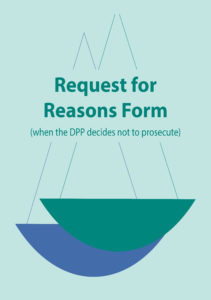Yes. If you have asked us for a reason for our decision, then your request for a review must be made within 28 days of the date on the letter telling you of the reason for not prosecuting your case.
If you have not asked us for a reason for our decision, you can still ask for a review. If you do this, your request for a review must be made within 56 days (8 weeks) of the date you are told of the decision not to prosecute.
In some cases the DPP may extend these time limits. She will do this only if there is a good reason and if it is in the interests of justice.
